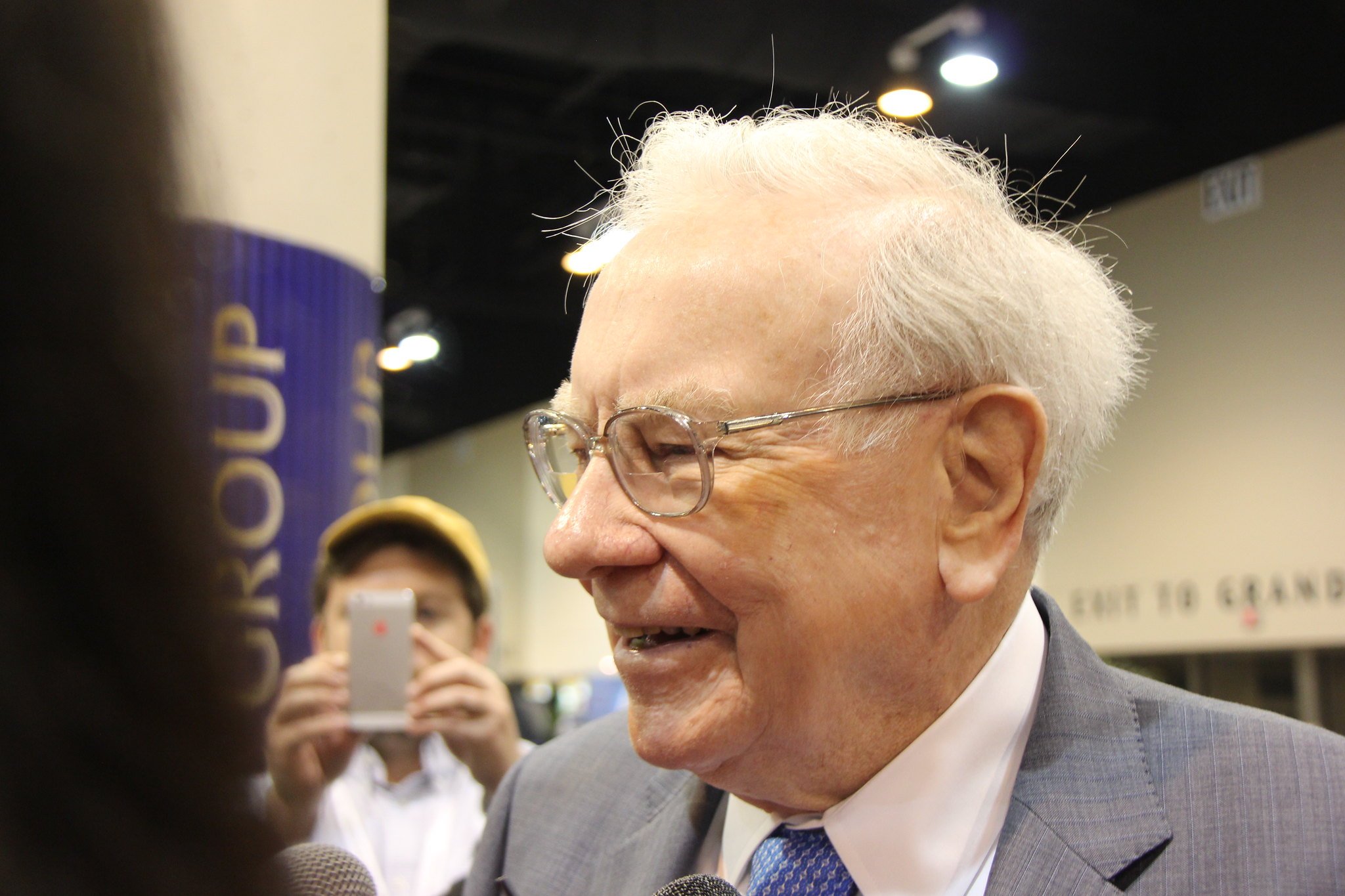
The highest ranking figure at the nation's second largest bank by assets is a "figurehead without banking experience," says CLSA Americas analyst Mike Mayo about the chairman of Bank of America (BAC +0.23%). This is a harsh conclusion to be sure, but it's difficult to argue with the logic.
Mayo made the comment in a letter to CLSA clients following Bank of America's annual shareholders meeting on Wednesday.
What he heard at the event persuaded the outspoken analyst to slice his 2014 earnings-per-share estimate for the bank by 45% and single out multiple "actions that reflect poor governance including a missing [compensation] committee head, different time frames in financial charts, and a meeting that ended before all questions were taken."

Charles Holliday, chairman, Bank of America.
The backdrop for Mayo's remarks is Bank of America's recent admission that its regulatory capital had been overstated by $4 billion because of an accounting error stemming from to its acquisition of Merrill Lynch. Aside from embarrassing the bank yet again, the disclosure prompted the Federal Reserve to rescind its approval of Bank of America's recently announced, and long-awaited, dividend increase.
"How can the board not come to the conclusion that Bank of America is too complex to manage?" Mayo told Business Insider in response to the news. "Banking is a business of numbers, and getting the numbers right is paramount."
But while Mayo had previously zeroed in on the bank's performance and organizational issues, he extended his criticism by calling out Bank of America's chairman by name.
Under a subsection titled "Not clear chairman up to the task," Mayo wrote:
The CEO ran almost the entire meeting, and chairman Chad Holliday only gave a few curt and mostly nonresponsive answers, establishing him in our minds as a figurehead without banking experience. ... Also, he had a poor track record for a decade as CEO of DuPont. Per CLSA's agricultural analyst Mark Connelly and Chemical analyst Nils-Bertil Wallin, "Chad Holliday ran DuPont during a period of dramatic expansion and innovation in the chemical and [agricultural] sectors. During the period, DuPont struggled to keep up in [agriculture], and set and reset performance targets that were rarely achieved, underperforming its peers." ... For the decade that Holliday was CEO (December 1997 to year-end 2008), DuPont's share price was down 58% and the S&P 500 was down 7%.
In short, Mayo has a point.
That the nation's second largest bank by assets is chaired by an individual with no formal financial background (aside from his executive duties at DuPont) seems innately inappropriate. And this is only fueled by Holliday's lackluster experience in the nonfinancial sphere.
Should this change investors' thesis on Bank of America?
I would say that it doesn't, as there are far more quantifiable standards upon which to base an investment decision. At the same time, Holliday's contribution doesn't seem like an irreplaceable asset, either -- which may be saying something in and of itself.






